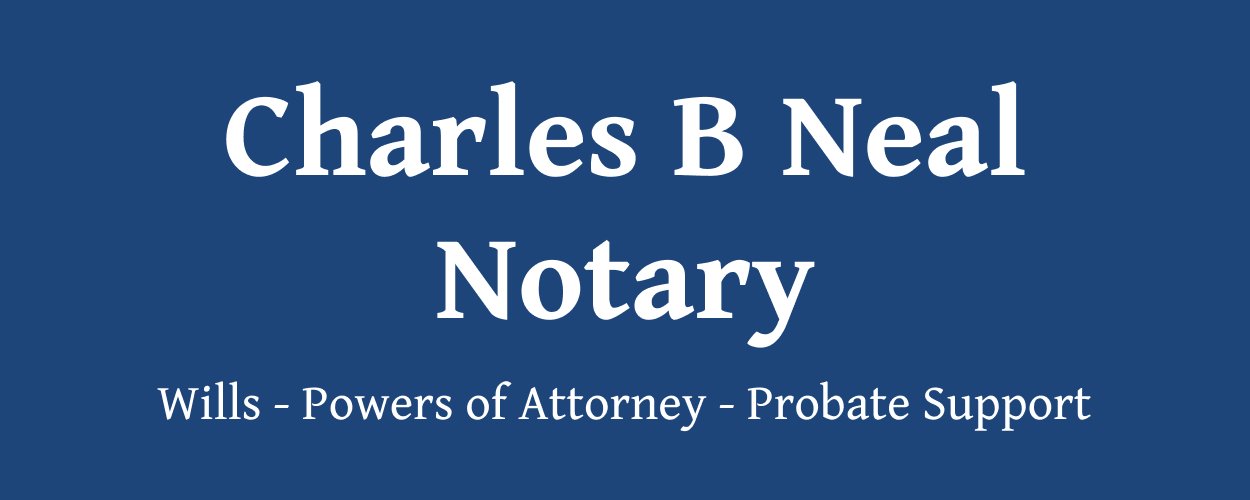General or Specific Powers of Attorney are useful instruments for both individuals and businesses to appoint someone to deal with property and finances on their behalf. A careful analysis of your requirements is undertake before drafting a suitable document for execution. Suitable for use throughout the UK but often also accepted abroad. The general Power of Attorney is generic and gives wide ranging powers to your chosen attorney whilst the specific power of attorney restricts decisions and actions to specific transactions or property.
A Lasting Power of Attorney (LPA) enables you to give someone the legal right to deal with your affairs if you lose mental capacity. It’s important to remember that you can only make a Lasting Power of Attorney when you still have mental capacity.
I have considerable experience and expertise in drafting and processing the application for the registration of these complex legal instruments, as well as general and specific powers of attorney. My service includes full consideration of all the alternatives, an assessment of comparative costs and the possible risks involved in not making one.
I ensure that the Lasting Power of Attorney reflects your individual needs and requirements, and we do this by taking the time to speak with you at length to fully understand your circumstances and wishes. I pride myself on providing sensitive, accurate and professional advice for clients of all ages, but particularly the elderly who wish to consider their options.
About Lasting Powers of Attorney
The person making the Power is called “The Donor” and the person or people being appointed are called “Attorney(s)”. The appointment is said to be “Lasting” because it continues after the point when the Donor is no longer able to make decisions for themselves.
There are two separate types of Lasting Powers of Attorney:
Health & Welfare:
The Welfare Lasting Power of Attorney allows the Attorney(s) to make decisions about the Donor’s care and health care. This can mean anything from day to day decisions to making decisions about long term care and, depending on the instructions of the Donor, consent or refusal of life saving treatment.
As these types of decisions are particularly personal, the Attorney(s) can only make choices on behalf of the Donor when the Donor is not able to make that decision for him or herself. The Attorney(s) need to allow the Donor to make as many decisions as possible, and to allow the Donor to be included as much as possible in each decision to be made.
Property & Financial Affairs:
The Property and Financial Affairs Lasting Power of Attorney allows the Attorney(s) to make decisions about the money and assets of the Donor on the Donor’s behalf. This can include operating a bank account and investments, purchasing or selling property, and making gifts on behalf of the Donor.
Whether you choose one type of Lasting Power of Attorney or the other, or you decide to have both, your chosen Attorney(s) can only act after the Lasting Power of Attorney has been registered with the Office of the Public Guardian. As the decisions to be made in each case are quite different, you may want to choose different people to be Welfare Attorneys from the people you might choose to be your Property and Financial Affairs Attorneys. In either case, being an Attorney is a position of immense trust, so whoever you chose needs to be somebody you know you can trust.
As part of the process for appointing an Attorney of either kind, you can include specific instructions and guidelines and restrictions as to how they are to act. Even so, you are still potentially handing over significant decisions to someone else.
Making a Lasting Power of Attorney
The statutory forms and the procedure is quite complex and there are a number of variations within each Lasting Power of Attorney that you need to be aware of when making these decisions.
Get in touch with if you would like to begin the process of drafting a Lasting Power of Attorney application.
Enduring Power of Attorney
The Mental Capacity Act 2005 created the system of Lasting Powers of Attorney, replacing the previous system of Enduring Powers of Attorney. Whilst it is no longer possible to make an Enduring Power of Attorney, those that were made before October 2007 remain valid and can be used.
Enduring Powers of Attorney only deal with financial and property matters (there is no equivalent to the Lasting Power of Attorney for Health and Welfare before 2007) and do not initially need to be registered. If the Donor (the person who made the Enduring Power of Attorney) loses or is losing capacity, then the Enduring Power of Attorney will need to be registered.
Whether you are a Donor or an Attorney under a lasting Power of Attorney or and Enduring Power of Attorney, I am here to help and can advise on a range of matters arising from the suitability of the documents for your circumstances to how to make decisions on behalf of the Donor.
Charles B Neal
Director & Notary Public
Notaries must verify for each client their identity, legal capacity and understanding of the document, as well as their authority if signing on behalf of another party, such as a limited company.
The Notary’s Certificate is generally accepted as proof without need for further evidence of an act or as authentication of a document. A Notary therefore has a duty, not only to clients, but also to the receiving jurisdiction and other parties that may be involved in any legal transaction. On occasion, it may be necessary for obtain proof of the authority of the Notary to act.
It is often a requirement of a receiving jurisdiction that a Notary’s signature is itself authenticated by the country receiving the document. There are two methods for doing this; Legalisation or the Apostille process.

